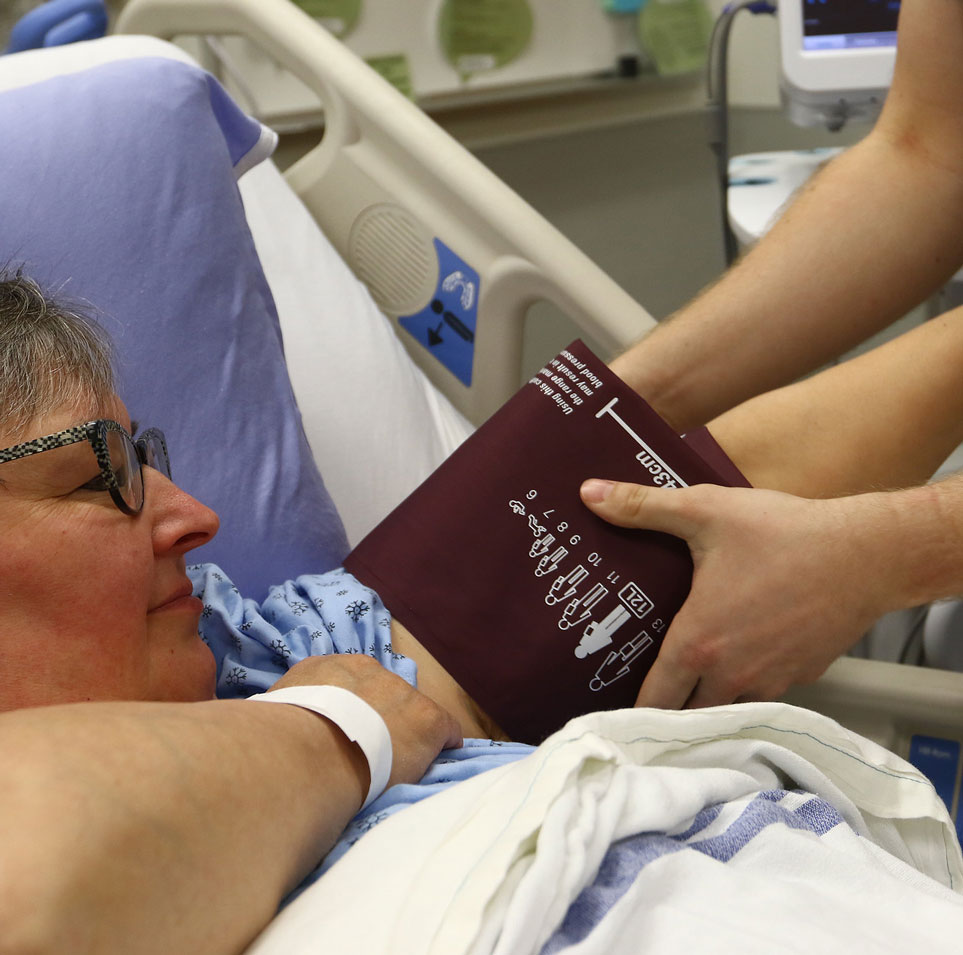
Better health provision
In 2016, the World Health Organization (WHO) [The Lancet 2021] called for the elimination of discrimination in healthcare settings, within which it was highlighted that “stigma and discrimination in health takes many forms—the denial of health care and unjust barriers to service provision, inferior quality of care and a lack of respect” – this has been evidenced in the case of obesity, and was included within a weight bias and obesity stigma statement in 2017 [The Lancet 2021].
Dr Stuart Flint reported that ‘there is a long overdue need to call for action to end weight stigma and discrimination in healthcare settings. The pervasiveness of weight stigma and discrimination that has been evidenced globally, requires structural changes given that it is evident in health policy, public health campaigns and healthcare training, including disparities in the framing of obesity compared to other health conditions [The Lancet 2021]’.
We are passionate at AAO to ensure that people living with obesity get equal access to services and that they are treated with dignity and respect when accessing these services.












